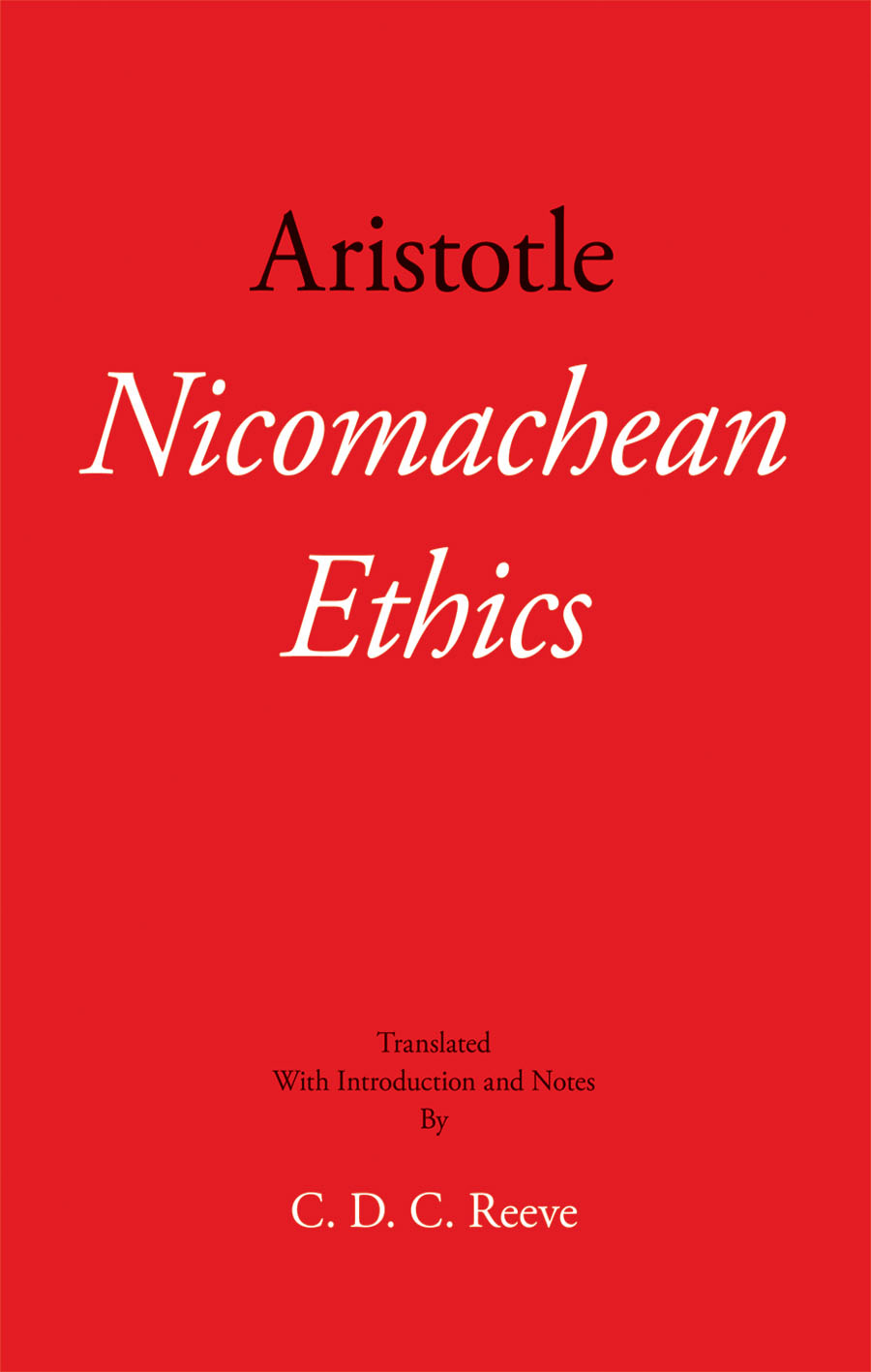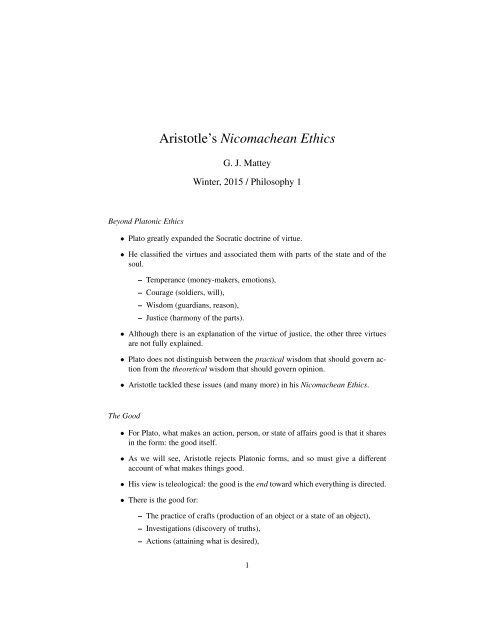

The nature of political science as impreciseĪristotle makes the point that politics is an imprecise art as any good exhibits a fluctuation that brings harm to people. While achieving the good for one man is noble and admirable, achieving the good for an entire state appears to be far more so.it legislates what we should do and not do, and this aim must be good for the man.as it chooses what should be learned in the state, which class should learn, and up to what point they should learn.Why politics is the science of human goodĪristotle argues that politics is the science of human good, Using the example of an archer who has a mark to aim at, would be much more likely to hit the target.The importance of identifying the chief good (archer)Īristotle argues that knowledge of what the chief good will have a great influence on our lives

Aristotle strengthens his point by saying if we do not choose everything for the sake of something else (this process would go onto infinity so that our desire would be empty and vain), therefore there must be a chief good.Some arts are subordinate to master arts, and therefore all goods are subordinate to the chief good.In Book 1 and 2 Nicomachean Ethics Aristotle lays out his theory of what is the good for man and what is moral virtue?īook 1: The Good For Man All actions are done for some good, those goods are subordinate to another good, therefore there is a chief good to which we all aim.Īristotle uses the example of the end of medical art being health, that of shipbuilding a vessel, that of strategy victory, and that of economic wealth.Aristotle is one of the most famous Greek philosophers, along with Plato and Socrates born in 384 BC.Notes from Aristotle on Ethics Background


 0 kommentar(er)
0 kommentar(er)
